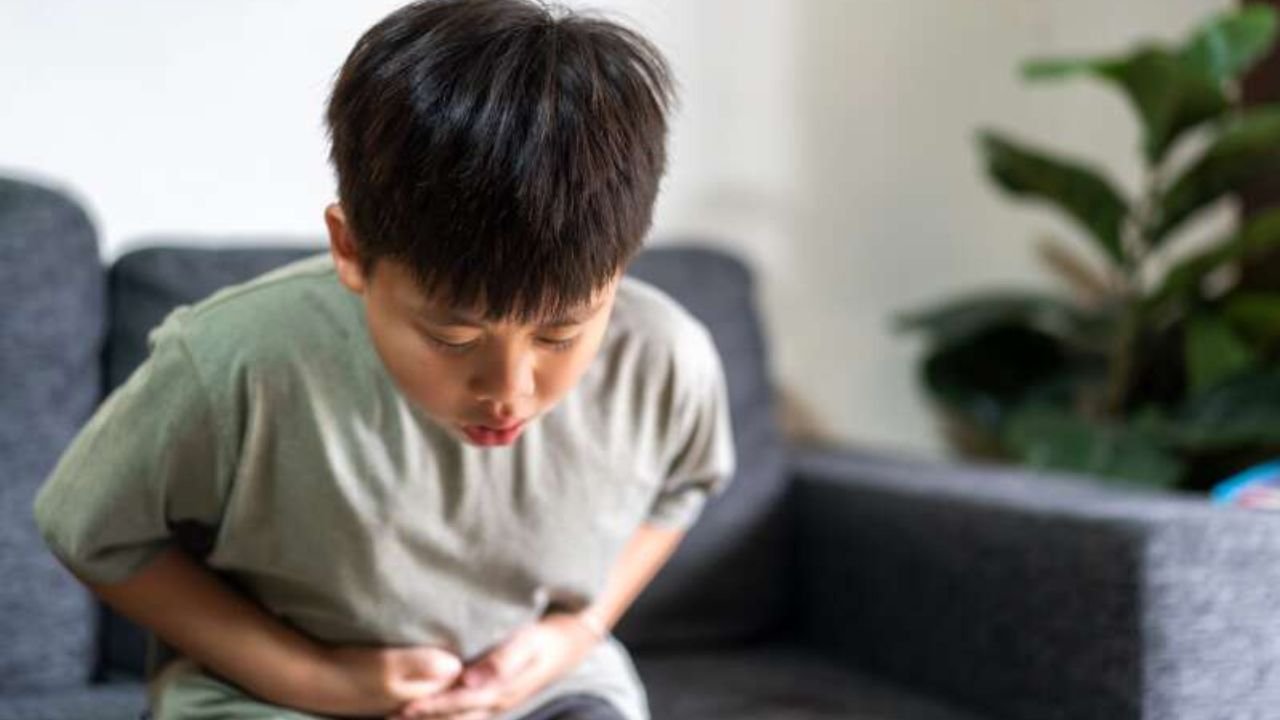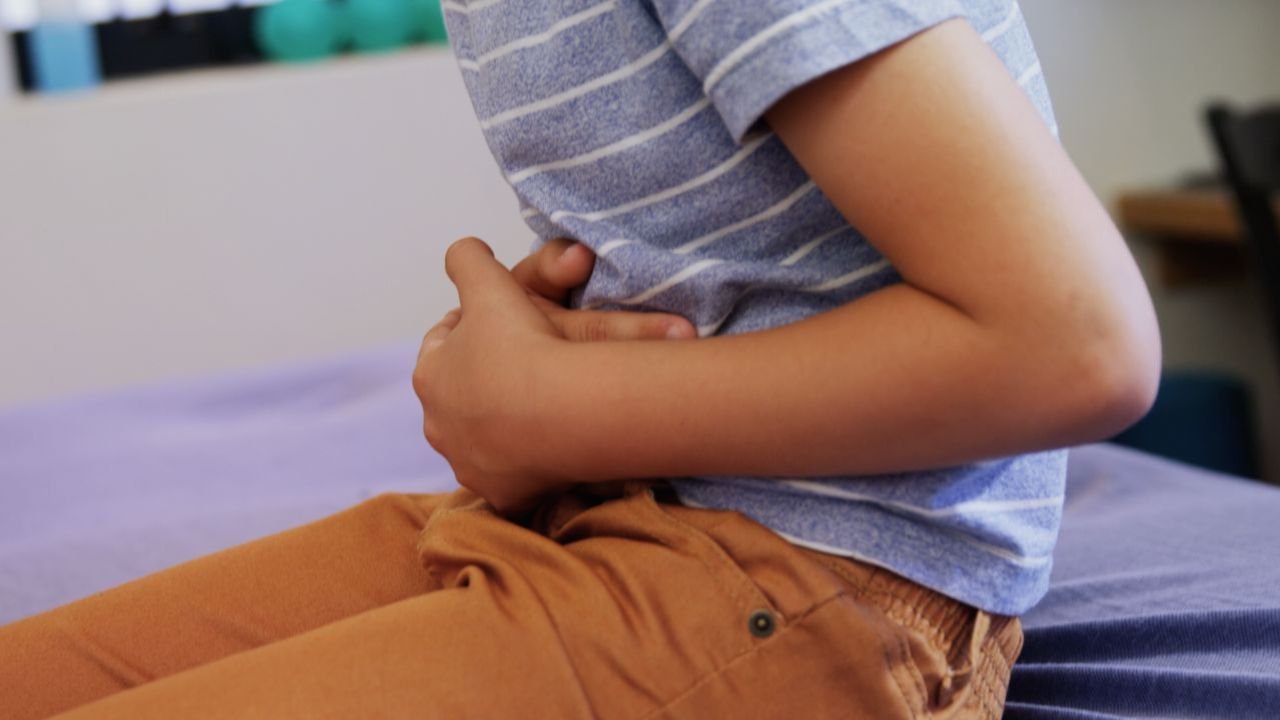Stomach Flu Symptoms: The rainy season brings many types of diseases for health, one of which is viral gastroenteritis, which is commonly called stomach flu. This disease affects our digestive system i.e. small intestine and large intestine. When this virus enters the body, it causes inflammation in the intestines. The main reason for this is coming in contact with an infected person, eating stale or spoiled food and drinking contaminated water. Initially, the patient has problems like gas, acidity and stomach cramps. But if the medicine is not taken on time, the problem can take a serious form. Therefore, it is important to contact a doctor as soon as the initial symptoms appear.
Symptoms of stomach flu
People often mistake stomach flu for flu (influenza), while both are different. Influenza affects only the respiratory system (nose, throat and lungs), while gastroenteritis directly attacks the intestines. Due to this, many problems arise, such as –
- Watery diarrhea
- Nausea and vomiting
- Severe stomach cramps and pain
- Muscle pain
- Persistent headache
- Mild fever
- Sometimes blood in diarrhea (in case of severe infection)
Its symptoms start appearing within 1 to 3 days of infection. Usually they subside in 2-3 days, but sometimes they persist for 10-14 days. This disease can be more dangerous for children and the elderly because their immunity is weak.

When can it be dangerous
Although stomach flu gets cured in normal conditions, but sometimes it can also cause serious problems. Continuous diarrhea and vomiting cause dehydration i.e. lack of water and salt in the body. This can cause weakness, dizziness and low blood pressure. This condition can also prove to be fatal in small children and the elderly. If blood starts coming out in the stool, high fever occurs, urination decreases or the patient starts fainting frequently, then the patient should be admitted to the hospital immediately.
Measures to prevent stomach flu
The best way to avoid stomach flu is caution and cleanliness. Avoid eating unhygienic and stale food outside. Drink only clean, boiled or filtered water. Always wash hands with soap before eating and after going to the toilet. Make children develop the habit of washing hands and not eating junk food outside. During the rainy season, take special care that the water at home is pure and the food is always prepared fresh. Adopt a hygienic lifestyle as much as possible so that you and your family can be protected from such infections.







